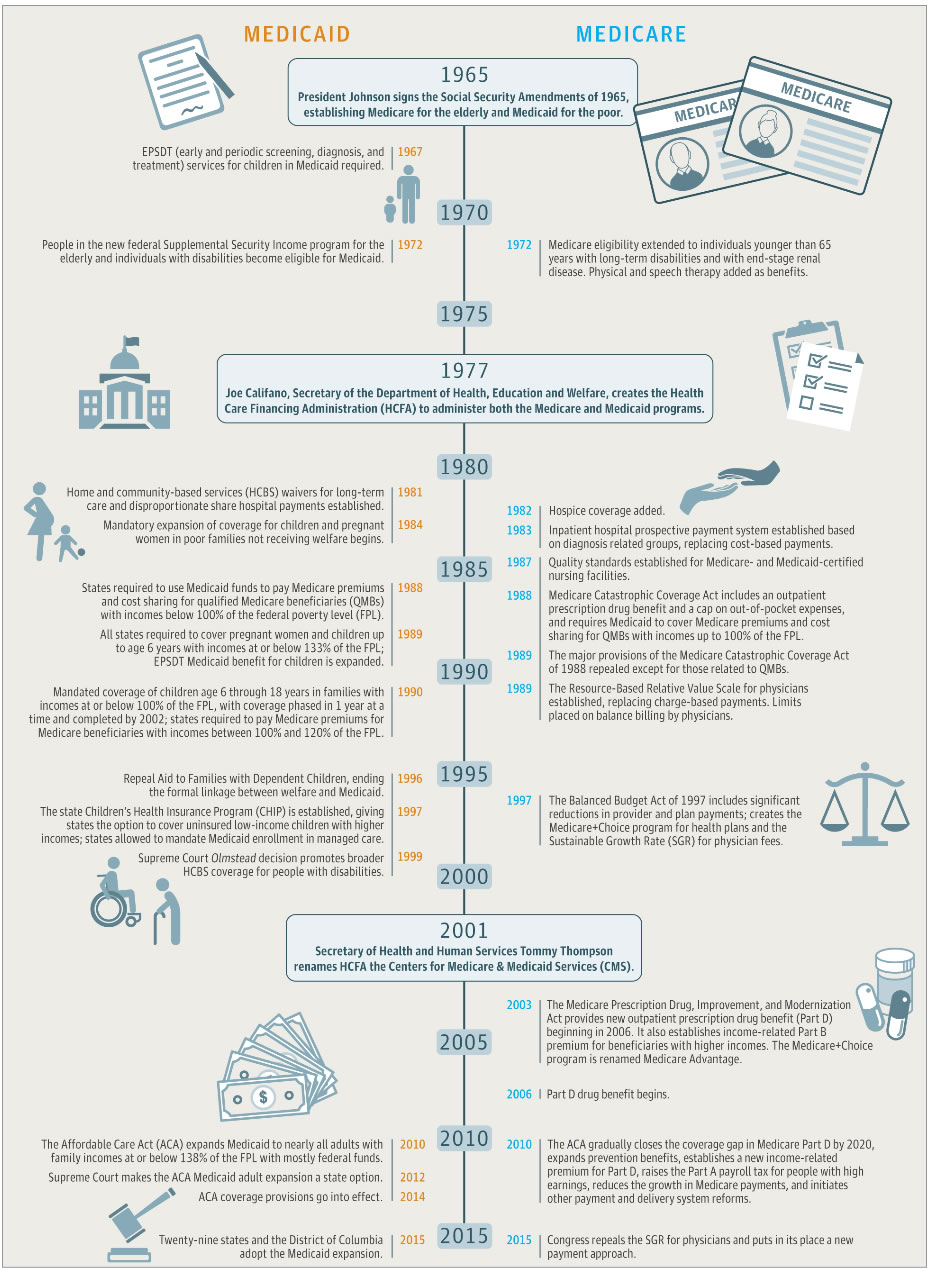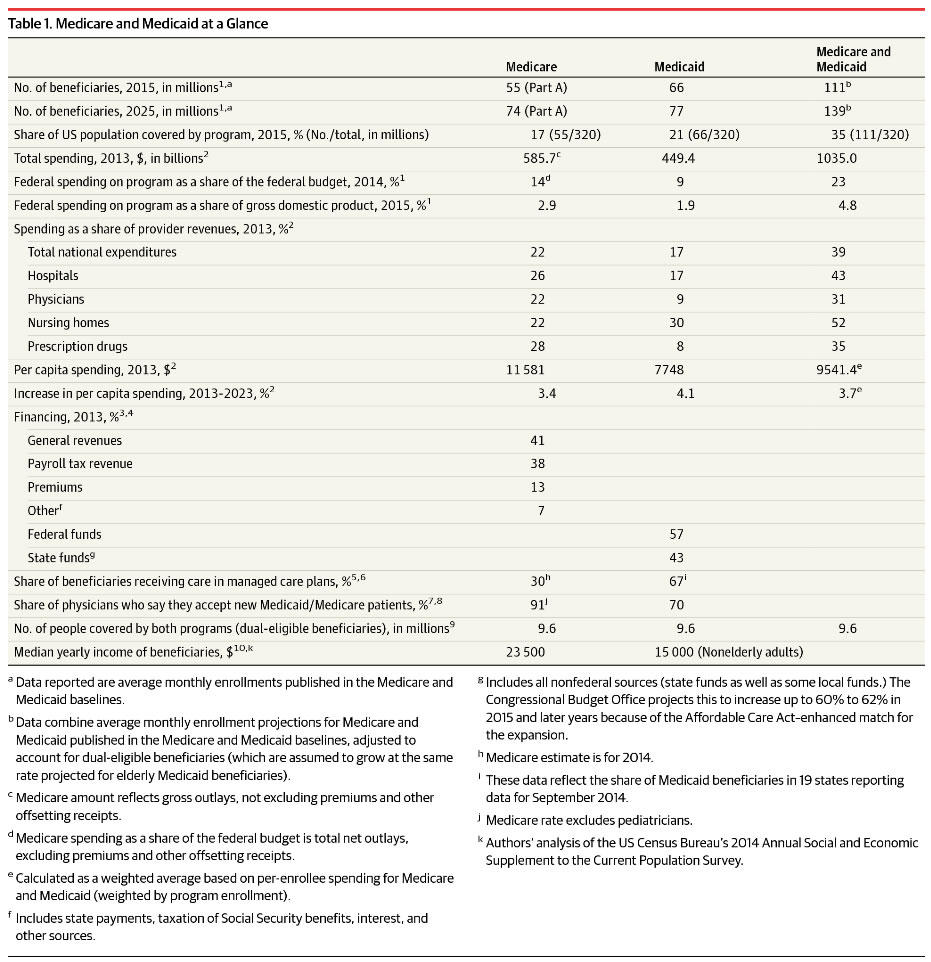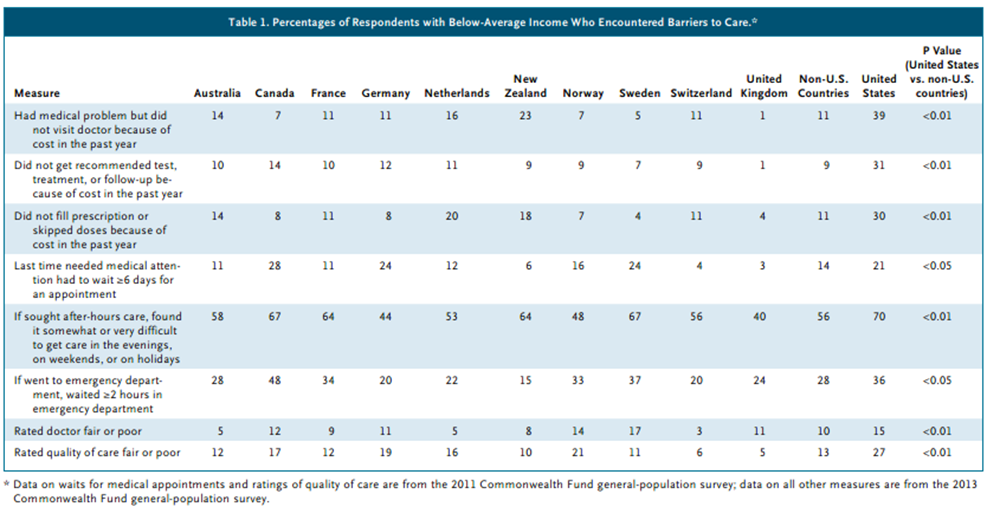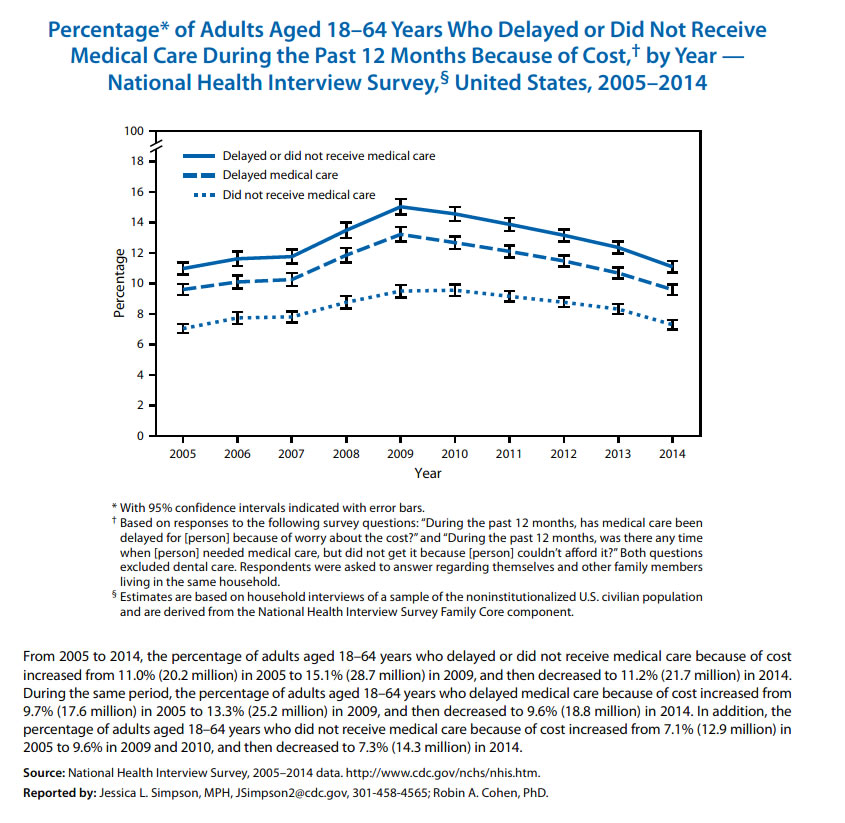Toward Enhanced Access to Care.
Role of Safety Net Programs
Jack O. Lanier Dr. P.H
After this lecture you should be able to discuss
- why there is a need for an organized national 'health' program
- who should be covered by such a program
- some of the elements important in its development
- What comprises a community health safety net
- Why there is a need to focus on underserved populations
Key Words:
Underserved populations, public policy, access to services, geographic barriers, condition coverage, population covered, public private linkages, ambulatory vs. institutional care..
Concept:
Consider this ppt. Safety Net & Richmond. Now review this graphic from the first session. We are only just starting to see how the new ACA healthcare reform laws will affect the linkages and integration between the primary care practices, primary hospitals and regional referral centers such as VCU, to the benefit of everyone. Watch the process over the next 4 to 5 years, it should be fascinating.Poor health of underserved populations is due to many factors which cannot be controlled by the affected individuals, but first there needs to be an ability to access care
Dr Lanier's PowerPoint Show, deals with changing our current system in view of the 2010 ACA. (Dr. Lanier is willing to receive questions by e-mail) Look at Dr. Lundberg's Reasons to Support the ACA? The NIH is the engine that funds the majority of medical research and medical care without any restraints on consequent costs. Review this commentary from JAMA and read the Executive summary of this WHO publication (particularly page 7 & 8). Now look at these slides on Gaps in Insurance Coverage from the Commonwealth Foundation.
From Wikipedia: The Patient Protection and Affordable Care Act (PPACA), commonly called the Affordable Care Act (ACA) or "Obamacare", is a United States federal statute signed into law by President Barack Obama on March 23, 2010. Together with the Health Care and Education Reconciliation Act, it represents the most significant regulatory overhaul of the U.S. healthcare system since the passage of Medicare and Medicaid in 1965.
The ACA was enacted with the goals of increasing the quality and affordability of health insurance, lowering the uninsured rate by expanding public and private insurance coverage, and reducing the costs of healthcare for individuals and the government. It introduced a number of mechanisms——including mandates, subsidies, and insurance exchanges——meant to increase coverage and affordability. The law also requires insurance companies to cover all applicants within new minimum standards and offer the same rates regardless of pre-existing conditions or sex. Additional reforms aimed to reduce costs and improve healthcare outcomes by shifting the system towards quality over quantity through increased competition, regulation, and incentives to streamline the delivery of healthcare. In 2011 the Congressional Budget Office projected that the ACA would lower both future deficits and Medicare spending. Scan this review of the ACA after 5 years. Also this analysis of he ACA following the Supreme Court actions, also this 2015 report from the KFF on the "Coverage Gap." Where are we going next? And this Review from Health Affairs, Jan 2016
Please go online to the TMW library journals page and read the July 29, 2015 issue of JAMA, Read the excellent Viewpoints and articles reflecting changes in Medicare and Medicaid after 50 years while you consider access of the underinsured to health services. Below are two key figures from the various articles.
50 years of progress toward universal coverage.

Underinsured Population Covered in 2015

.
Readings to support topic:
Take a look at these three analyses from the August 1 2016 issue of JAMA on outcomes from the ACA. These outcomes suggest process measurements or health outcomes measurements. It may be useful in looking at these analysis didn't know whether there has been enough time since the ACA went into effect to even expect to make reasonable measures renting other than some of the basic processes.
JAMA analysis one
JAMA analysis two
JAMA analysis threeSchneider:Introduction to Public Health, 4rd Edn; Scan Chapter 26 . In the 5th Edn review Chapters 26 & 27.
Kaiser Foundation Access Web Page focus on the paper on "uninsured and access to health care and Sicker and Poorer: The Consequences of Being Uninsured - particularly the executive summary & briefing charts.
Kaiser Foundation Health Insurance Coverage (scan Health Coverage in an Economic Downturn: Impact of Tight Budgets for Families and States )
Health System Change, the RWJF funded analysis: The Health Care Cost-Coverage Conundrum (a 6 page pdf) What approach do these authors advocate for improving equity among consumers? What does this suggest about the reality of the current Health Care Reform Package? Also review this think piece from JAMA about principles far health care reform.
PBS - Are we in a health care crisis? May 2006 (Scan)
Also Sick Around the World Look at the 'Five Capitalist Democracies'Four recent editorials/viewpoints from JAMA
The toxic politics of health care, a viewpoint.
Should health care systems become insurers. Note that the's ACA has insurers becoming the main player where cost is more important than health outcome.
The elusive path to healthcare sustainability. In particular, not the section on drawing policy consensus with particular emphasis to the fact that this discusses a healthcare system, rather than reality of numerous health systems, plural, that are responsible for delivering care to citizens of the United States.Health Care Reform Unfinished Work, Sanders NEJM Dec 2015
The house of care, are we leaving some people out of access, despite the ACA?
Addl. Readings: if you want to explore these topics further.
SE Differences in Developing Countries.
The German Health Care System
The Swiss Health Care System
What is Happening to the NHS? (from The Lancet)
Health Access by State (scan)Nov. 18 2008: White Paper on Health Care Reform - Sponsor- Senator Baucus (How much was incorporated into the 2010 Affordable Care Act.)
URLs related to this topic


